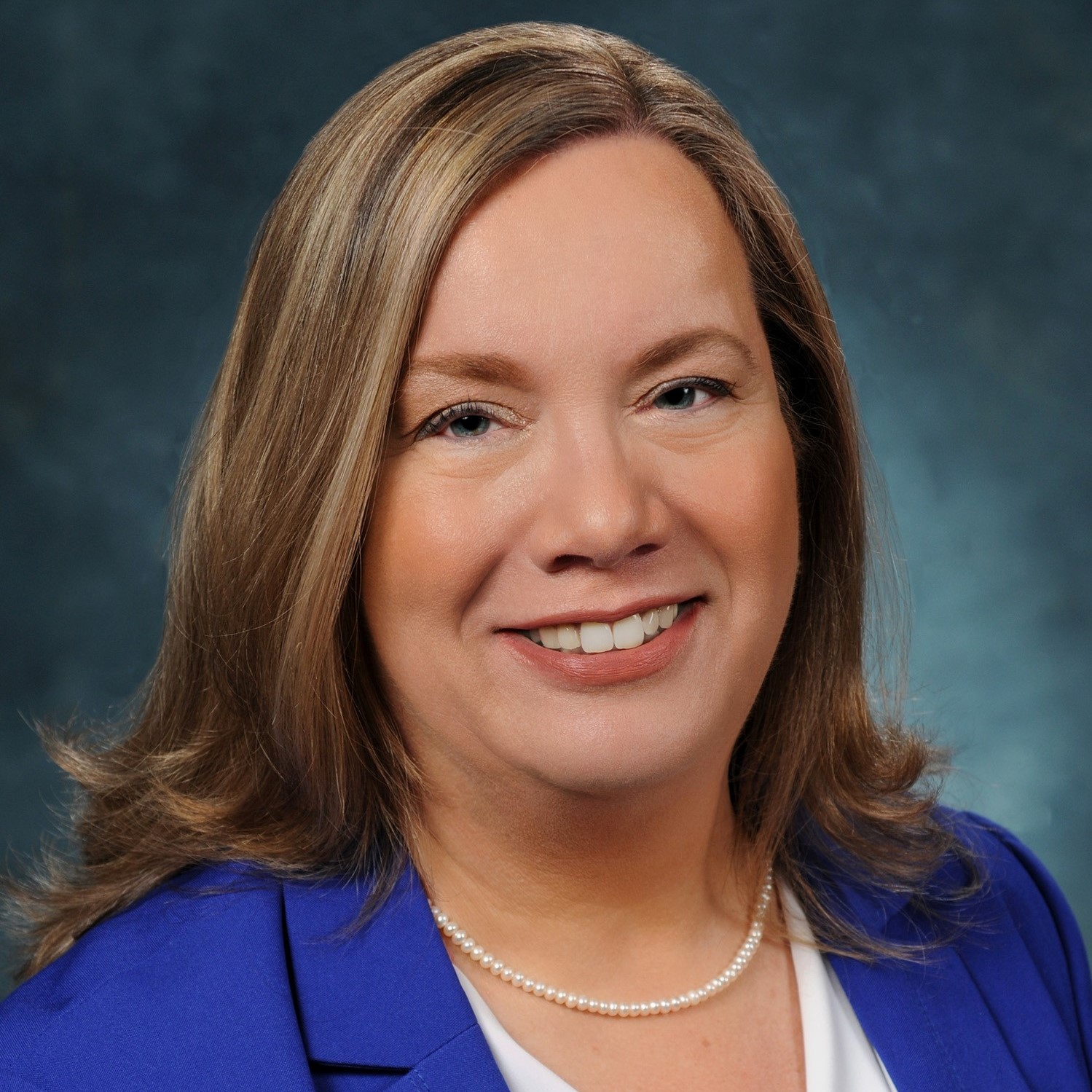For your professional ethics edification in April
 Once a month the ACPE Professional Ethics Commission (PEC) posts a couple of statements from our Code of Professional Ethics for ACPE Members. Each posting is accompanied by a brief personal reflection from a member of the PEC discussing some ways this person lives these commitments*. April’s statements are:
Once a month the ACPE Professional Ethics Commission (PEC) posts a couple of statements from our Code of Professional Ethics for ACPE Members. Each posting is accompanied by a brief personal reflection from a member of the PEC discussing some ways this person lives these commitments*. April’s statements are:
- In relation to other groups, ACPE members:
a. Maintain good standing in their spiritual/religious tradition
b. Abide by the professional practice and/or teaching standards of the state, the community, and the institution in which they are employed. If for any reason they are not free to practice or teach according to conscience, they shall notify the employer and the Executive Director of ACPE
Marianne Robbins, ACPE Certified Educator from Thomas Jefferson University Hospital in Philadelphia, Pennsylvania comments:
I am ordained as a Minister of Word and Sacrament with the PCUSA. As such I am required by my judicatory to submit an annual form answering question related to my adherence to my ordination vows. While this is a requirement that enables me to maintain my endorsement, it also serves as an opportunity to educate my judicatory of the work, education, and value of ACPE. My ethical responsibility is to represent the work of ACPE with accuracy and encouragement and to inspire those seeking ordination to partake in a unit of CPE, especially when CPE is required of them. While other educators in our organization may not have such requirements I support my ACPE colleagues in reaching out to these governing bodies for opportunities to educate both ordained and lay leaders. Who knows what inspiration may come from this? We’ve actually had several clergy persons come into our program, one for a “refresher” from a unit taken 30 years ago.
With regards to part B, many of us may have had some challenges regarding Covid-19 vaccinations and personal protective equipment and the changing directives from the CDC, local government mandates, and our institution practice/policies. Some of us have served on a “religious exemption committee” for those seeking exemptions from vaccines. This may have generated some dilemmas or the need to examine ones’ own conscience. I lift this example up as one that could have challenged educators regarding this ethical standard, perhaps leading some to withdraw from serving in that capacity. Many larger institutions have an office or employee who deals directly with government issues and external affairs. This can be a great resource to obtain up to date guidelines, practices, and policies for the institution. Of course, each institution writes its own policies which need to be in alignment with the laws of the state as well as other accrediting bodies. According to ethical standard 2.b if we are not free to practice or teach according to conscience, we are required to notify our employer as well as the Executive Director of ACPE. In addition to the resources available within your workplace, it is a good reminder for each of us that the ACPE Executive Director can support and assist us with resources to help us resolve the quandary.
I have found the following resource to be useful:
- National Association of State Directors of Teacher Education and Certification
- Model Code of Ethics for Educators
